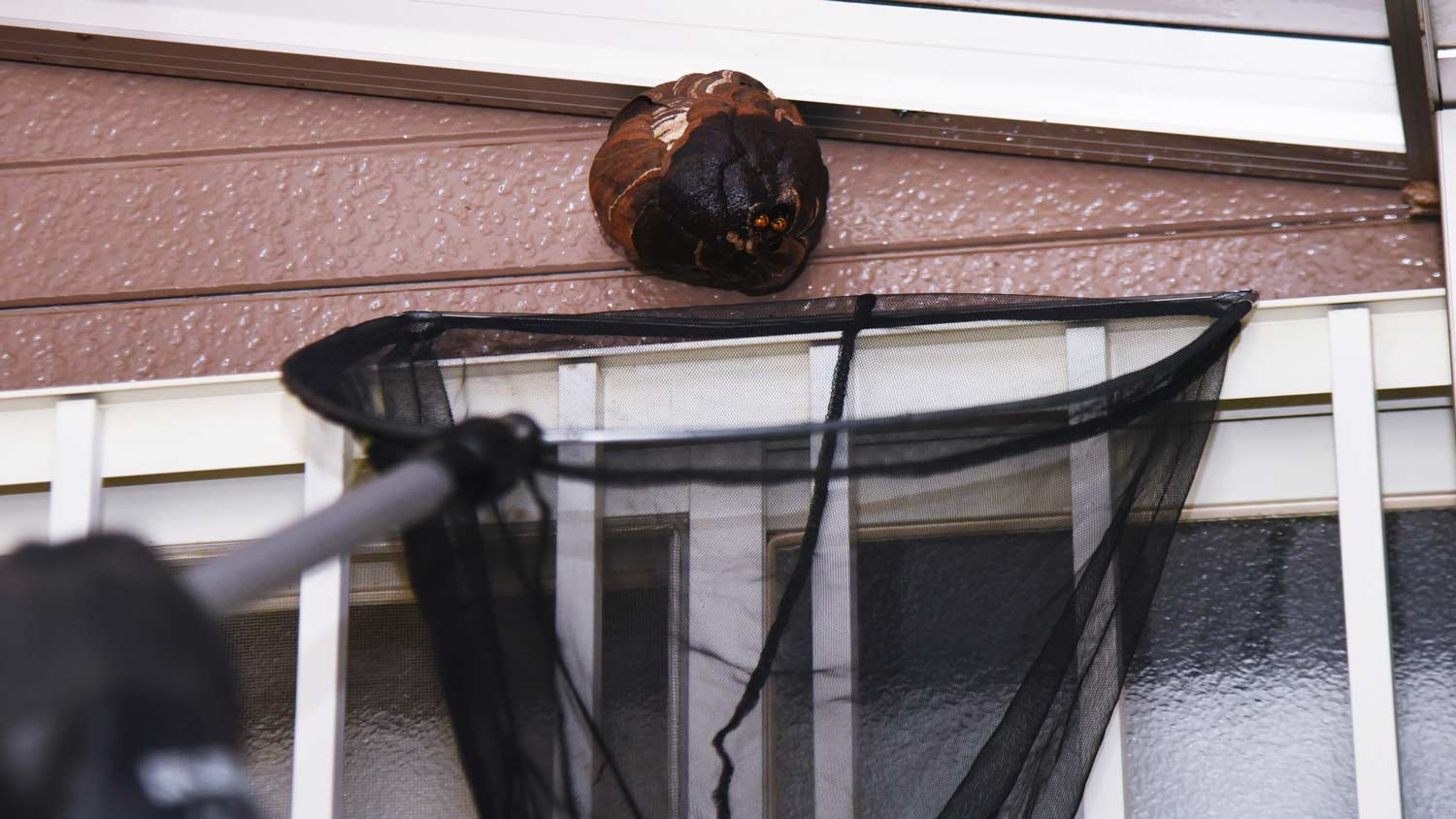
Whether you have bugs, bats, or rodents invading your home, you’ll want to contact an exterminator quickly. Find out how much pest control costs in Columbus, OH.
When to send out the pest SOS


Emergency exterminators are pest control companies that work after-hours, usually 24/7 to deal with a crisis that needs immediate attention.
Emergency exterminators tend to cost at least double the price of normal pest control services, so it’s important to weigh the severity of the problem.
Emergencies include dealing with a trapped and possibly rapid creature, an infestation of biting or stinging insects, or a nest that’s spilled out into the home and needs immediate containment.
Some homeowners may prefer calling emergency services for a sudden bed bug discovery or when seeing multiple venomous insects, although that’s usually less necessary.
The worst pests can’t wait. In circumstances where your family or home is in danger and waiting one more night isn’t an option, it’s time to call an emergency exterminator.
Emergency extermination is, in most cases, very simple. It provides common, important pest control services during off-hours so you can deal with a problem ASAP. But since the after-hours service costs more, it’s important to save it for a true crisis, like trapped animals, venomous bugs or a nest that’s actively broken into your home. Let’s review when to hire an emergency exterminator.
Emergency extermination is any extermination service that’s deployed outside of normal working hours. Most pest control companies offer emergency extermination services for household incidents that desperately need immediate attention.
Otherwise, an emergency exterminator is very similar to normal pest control, it just occurs in the evening, night, early morning, weekends, or holidays. You can usually visit a pest extermination service’s website and see if they offer 24/7 services. If they do, there’s usually a special emergency number to call.

Only call an emergency exterminator if you absolutely need their help. Situations to consider emergency services include:
An animal is trapped inside: If you have a large animal trapped in an attic, basement, or garage—like a raccoon, agitated squirrel, snake, bat, bear, or any animal that could be carrying rabies—you should call pest control or local animal services immediately.
A sudden infestation of biting or stinging insects: An influx of pests that can hurt you is usually an immediate emergency. For example, if your home is getting invaded by a swarm of angry wasps or fire ants, you need help right away instead of waiting.
An active nest has spilled out into your home: You want to keep big nests from spreading any further and filling your home with bugs in every corner. For example, if you accidentally break down a wall and discover a bee hive or termite nest, waiting usually isn’t an option.
Dead pests are starting to decompose: If you’ve discovered a stinky corpse like a dead rat that you can’t quite find, you may not have the luxury of waiting until working hours.
Pests have knocked out your power: Chewing rodents and similar pests may bite into wires and cause power outages or even electrical fires. If this happens, it’s important to get an immediate inspection to assess the damage from pest control and an electrician so you can get power restored and risks removed.
A bad bed bug problem: Bed bugs can usually wait for operating hours, but in some cases they’re such a nasty surprise or you should call in a professional right away to seal off the infected item (like a sofa or bed) and kill them.
Venomous pests are inside your home: From spiders to scorpions, if you find venomous pests anywhere in their home, contact emergency services for your own safety rather than waiting.
Pest control costs vary, depending on the type of pest. The cost of pest control services range from $50 to $500. However, emergency services tack on an additional $200 to $500, depending on the type of pest and timing of the service. For example, cockroaches are often some of the easiest pests to deal with, while insects like bed bugs and termites are the most expensive.
Most contractor services like pest control charge double their usual rate for off-hours visits. They may charge even more for middle-of-the-night or weekend visits. Expect to pay double whatever listed rates are in your area, and you should consult with your emergency exterminator about pricing.
From average costs to expert advice, get all the answers you need to get your job done.

Whether you have bugs, bats, or rodents invading your home, you’ll want to contact an exterminator quickly. Find out how much pest control costs in Columbus, OH.

It’s important to know bed bug treatment costs if you have an infestation. Our guide covers different treatment methods and cost factors to eliminate these pests.

Find out how much it costs to remove armadillos and stop them from coming back. Know how much to budget to humanely remove these pesky critters from your yard.

Wondering why there are so many phorid flies in your home? Learn several ways to protect your home from this household pest.

If you have them, then you most likely want to know how to get rid of snakes for good. Here are tips to get them off your property in a humane manner.

Some people swear by gentler ways to get rid of roaches that don’t involve spraying. From removing their food source to casting diatomaceous earth around, read on to learn about which of these are effective at keeping pests away.